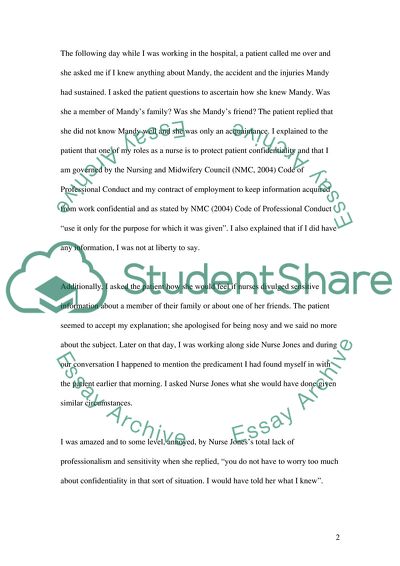Cite this document
(Personal & Prefessional Issues in Adult Nursing Term Paper, n.d.)
Personal & Prefessional Issues in Adult Nursing Term Paper. Retrieved from https://studentshare.org/nursing/1704624-personal-prefessional-issues-in-adult-nursing
Personal & Prefessional Issues in Adult Nursing Term Paper. Retrieved from https://studentshare.org/nursing/1704624-personal-prefessional-issues-in-adult-nursing
(Personal & Prefessional Issues in Adult Nursing Term Paper)
Personal & Prefessional Issues in Adult Nursing Term Paper. https://studentshare.org/nursing/1704624-personal-prefessional-issues-in-adult-nursing.
Personal & Prefessional Issues in Adult Nursing Term Paper. https://studentshare.org/nursing/1704624-personal-prefessional-issues-in-adult-nursing.
“Personal & Prefessional Issues in Adult Nursing Term Paper”, n.d. https://studentshare.org/nursing/1704624-personal-prefessional-issues-in-adult-nursing.


